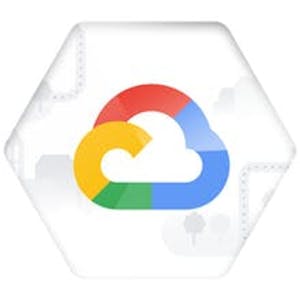Statistics & Mathematics for Data Science & Data Analytics
About this Course
This course equips you with essential statistical and mathematical tools to become proficient in data science and analytics. You will learn key concepts in descriptive statistics, probability theory, regression analysis, hypothesis testing, and more. By the end of the course, you will have a deep understanding of how statistical methods can be applied to solve real-world data problems and enhance data-driven decision-making. The course begins with an introduction to the basics of descriptive statistics, such as measures of central tendency, dispersion, and the differences between sample and population data. You will then explore distributions, including the normal distribution and Z-scores, and how to apply them in various scenarios. The journey continues with probability theory, where you will tackle concepts like Bayes\' theorem, expected value, and the central limit theorem, building a solid foundation for statistical analysis. Next, you will dive into hypothesis testing and learn how to perform tests like t-tests and proportion testing. You will also understand the significance of confidence intervals, the margin of error, and Type I and Type II errors. The regression section teaches you how to predict data values using linear regression, explore correlation coefficients, and analyze model accuracy with metrics such as MSE and RMSE. This course is ideal for aspiring data scientists, analysts, and anyone who wants to use statistics to interpret data. No prior knowledge of statistics is required, though familiarity with basic mathematics will be helpful. The course is structured to be engaging and practical, offering exercises and real-world applications that allow you to practice your skills.Created by: Packt

Related Online Courses
Learn the strategies to share your message with audiences of any size, and plan your message type based on your communication goals!Created by: Arizona State University more
This is a self-paced lab that takes place in the Google Cloud console. In this lab you will provision a MongoDB Atlas cluster, create a dataflow pipeline to load data from the cluster to... more
Paleontology: Early Vertebrate Evolution is a four-lesson course teaching a comprehensive overview of the origin of vertebrates. Students will explore the diversity of Palaeozoic lineages within a... more
Understanding organizational adoption of Google Cloud. This series of courses starts with the basics of digital transformation and Google Cloud and then builds on that knowledge to understand the... more
This course is aimed at preparing individuals to gain knowledge, skills, and abilities to demonstrate the knowledge for managing Platform as a Service (PaaS) in the Cloud. Students will learn to... more








